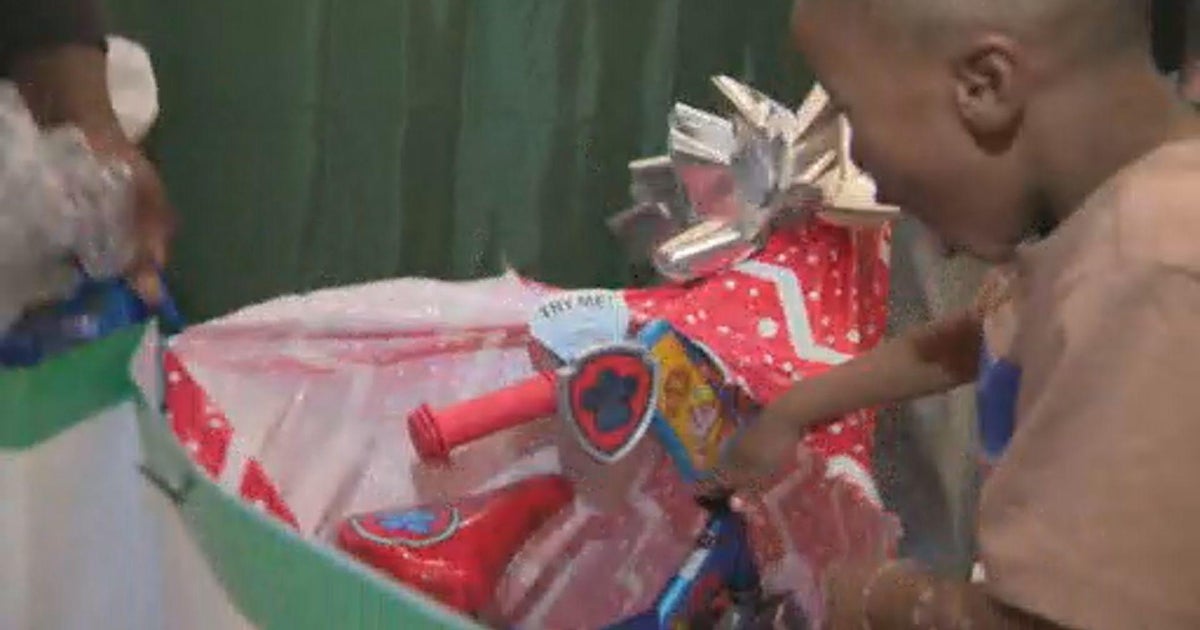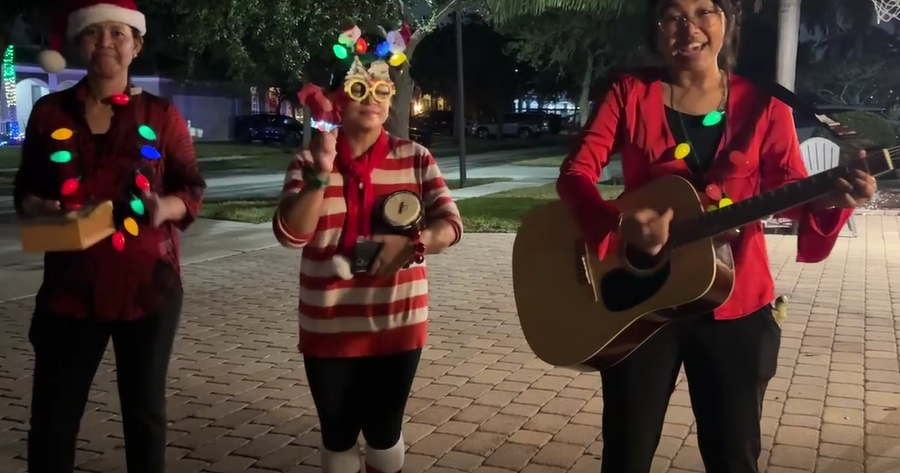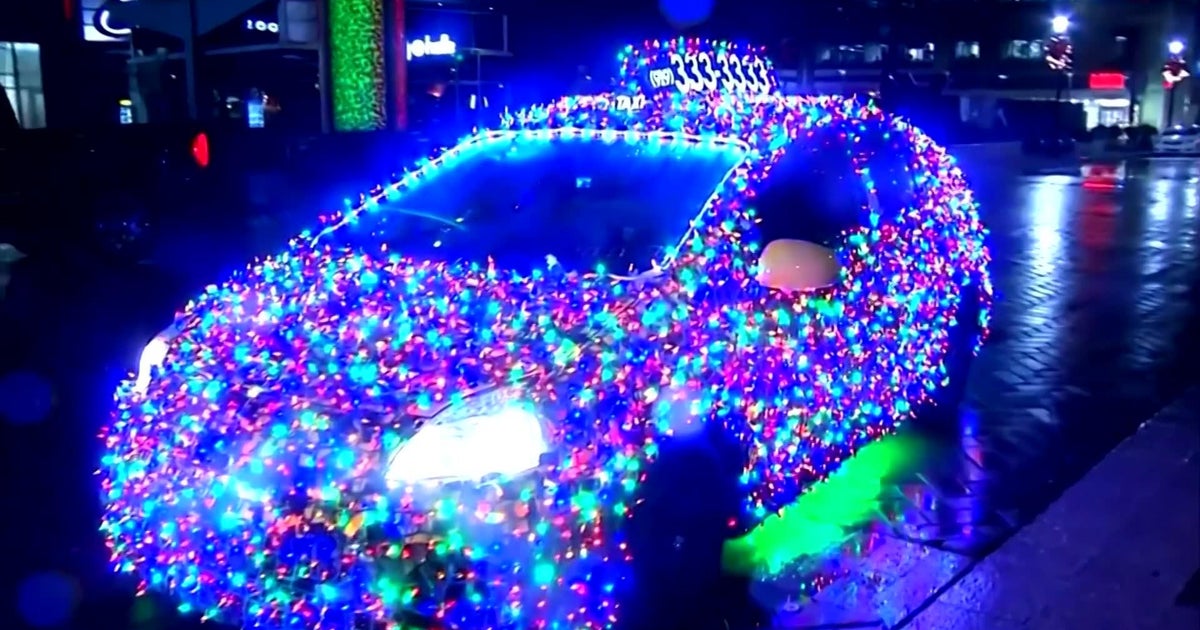Talk of 'Armageddon' sparks memories of Cuban Missile Crisis for many
MIAMI - President Joe Biden said Thursday the risk of "Armageddon" is at the highest level since the 1962 Cuban Missile Crisis.
The comments follow Russian President Vladimir Putin's threat to use tactical nuclear weapons.
The talk is serious enough that it has some thinking back to the time when local residents had to prepare for a possible nuclear fallout.
"My father was trying to build a bomb shelter, where some duct work would go kind sorta under the house," Joe Harzinski said. The Cuban Missile Crisis was a vivid memory for Harzinski.
He was a young kid at the time, so he didn't feel stressed, but he was aware that it was something that adults took seriously.
"I remember there were drills if there was some kind of a bomb or whatever, I knew there were drills, and we had to get under the desk," he explained.
Dr. Paul George the resident historian for HistoryMiami was 18 at the time.
"It was a horrifying thing, I can't think of anything else that would terminate human beings or life on this planet than a nuclear war," George said.
Because of Miami's proximity to Cuba, some felt it was ground zero for a possible strike. "At that point, we took it to be something serious, literally overnight brought soldiers down here, military vehicles were on our main highway. And we had planes that were up in the air at any given time that had nuclear bombs in case we were hit with the surprise attack, those planes would then deliver bombs," George told CBS 4.
To this day, and like many municipalities, Miami-Dade County has a guidance for nuclear detonation, it details a response for potential impact, evacuation, and medication, as well as decontamination.
"So there is the reality that even though we are many, many miles away from Russia there are other options available to those who want to do us harm," Stuart Kaplan, a former FBI special agent, and Kaplan & Sconzo Global Risk Management founder said.
Kaplan has worked to study and review how to plan for global threats for decades. "We hope it never ever happens, better to be; better prepared, better informed."
He doesn't want people to panic but he said radiation pills and bunkers may not need to be a priority these days in the event of a disaster as much as making sure to stock up on the basics first.
Those things include:
- A plan to evacuate, keep in mind infrastructure could become congested or impacted
- Food and water supply to last 30 days
- Methods of communication if cell towers are down, such a message relay system.




